The diabolism of judgment
Critical reflection on the legal image of truth
Keywords:
Facultad de juicio, subjetividad, teorÃa correspondentista de la verdad, teorÃa racional de la prueba, verdadAbstract
This paper presents a critical analysis of the legal conception of truth based on a review of selected works on rational theory of evidence. The overall intention is to demonstrate the improper conceptual appropriation of truth, which leads to the nullification of the faculty of judgment. The justification for this hypothesis highlights the need for a reformulation of the premises underlying the theory and the explicit clarification of its guiding purposes.
The reflection unfolds in three stages: firstly, it demonstrates that the rational theory of evidence adopts, as its starting premise, a teleological link between evidence and truth that is rooted in a flawed understanding of truth as correspondence; secondly, it identifies the conceptual problems arising from this premise, subjecting it to a philosophical analysis within the framework of Martin Heidegger's thought, thereby exposing its theoretical fragility; finally, it evaluates the significance of a certain diabolism of judgment that emerges in the legal literature on this theory, concluding that the nullification of judgment, through submission to consensus, is the primary consequence of an improper conceptual appropriation of truth.
References
ENGEL, Pascal. ¿Qué es la verdad? Reflexiones sobre algunos turismos. Buenos Aires: Amorrortu, 2008.
FERRER BELTRÃN, Jordi. Prueba sin convicción. Estándares de prueba y debido proceso. Madrid: Marcial Pons, 2021.
GASCÓN ABELLÃN, Marina. Los hechos en el derecho. Bases argumentales de la prueba. Madrid: Marcial Pons, 2010.
HADOT, Pierre. ¿Qué es la filosofÃa antigua? México: Fondo de Cultura Económica, 1998.
HEIDEGGER, Martin. Nietzsche. Tomo I. Trad. VERMAL, Juan Luis. Barcelona: Edit. Destino, 2000.
HEIDEGGER, Martin. Ser y Tiempo. Trad. RIVERA CRUCHAGA, JORGE EDUARDO. Madrid: Trotta, 2020.
NIEVA FENOLL, Jordi. La valoración de la prueba. Madrid: Marcial Pons, 2010.
PAULA RAMOS, Vitor. La prueba testifical. Del subjetivismo al objetivismo, del aislamiento cientÃfico al diálogo con la psicologÃa y la epistemologÃa. Madrid: Marcial Pons, 2019.
PLATÓN. Diálogos III, Fedón, Banquete, Fedro. Trad. GARCÃA GUAL, C., MARTÃNEZ HERNÃNDEZ, M., LLEDÓ IÑIGO, E. Madrid: Biblioteca Clásica GREDOS, 2008.
POULAIN, Jacques. El olvido del pensamiento en el pensamiento o la pérdida heideggeriana del juicio. En: GONZÃLEZ VELASCO, William y HERNÃNDEZ, Luis Humberto. AntropologÃa filosófica: el ser, la verdad y el lenguaje. Cali: Departamento de FilosofÃa de la Universidad del Valle y Departamento de Humanidades de la Pontificia Universidad Javeriana, 2008.
POULAIN, Jacques. La condición democrática. Justicia, verdad y exclusión. Trad. GONZÃLEZ VELASCO, William. Cali: Programa Editorial de la Universidad del Valle, 2019.
RIVERA CRUCHAGA, Jorge Eduardo. De asombros y nostalgia: Ensayos filosóficos. Ediciones Universidad Católica de Chile, 2016.
TARUFFO, Michele. Simplemente la verdad. El juez y la construcción de los hechos. Trad. ACCATINO SCAGLIOTTI, Daniela. Madrid: Marcial Pons, 2010.





